日本の学校では、英語と算数を勉強すると思いますが、算数の英語は教わらないのではないでしょうか。僕の経験上、英語で計算が出来る日本人は少ないです。そこで、今回は足し算と引き算の英語について説明したいと思います。
英語で、足し算や引き算について話す際には、plus、minus、add、subtract という4つの単語を使います。しかしこれらの単語は使い方が異なるので、使うのが少々難しいと思います。なぜなら、plus と minus は前置詞ですが、add と subtract は動詞だからです。
足し算と引き算を英語でいうと?
足し算は addition 、引き算は subtraction といいます。+という記号は plus sign といい、ーという記号は minus sign といいます。そして、=は、equal sign です。
plusとminus
足し算と引き算を読みあげる際には、 plus と minus いう前置詞を使います。
5 + 5 = 10
Five plus five equals/is ten.
50 – 10 = 40
Fifty minus ten equals/is forty.
★ =を読みあげる際は、equals でも is でも両方使えます。
算数の問題の出し方
足し算の問題を出す場合はどのようなパターンを使うのでしょうか。
What is 数字 + 数字?
What is 5 plus 4?
5 plus 4 equals/is nine.
5+4はいくつでしょう?
5+4は9です。
What is five minus four?
Five minus four equals/is one.
5-4はいくつでしょう?
5-4は1です。
addとsubtract
また、足し算と引き算をする際には、add と subtract という動詞もよく使われていて、以下のように get を使ったパターンになります。
If you add 数字 to 数字、what do you get?
If you subtract 数字 from 数字, what do you get?
If you add 5 to 4, what do you get?
You get nine.
5+4はいくつですか?
9です。
If you subtract four from five, what do you get?
You get one.
5-4はいくつですか?
1です。
added to と subtracted from というパターンも使えます。
What is five added to four?
5+4はいくつでしょう?
What is four subtracted from five?
5-4はいくつでしょう?
★ subtract + from を使う場合、数字の順番が日本語とは逆になるので、気を付けて下さい。
引き算と足し算の命令形
教師は、生徒に算数を教える際に、よく命令形を使います。このような場合、plus や minus ではなく、add や subtract という動詞を命令形で使います。minus と plus は前置詞なので、命令形では使えないのです。
Add 5 to 4.
5に4を足しなさい。
Subtract 10 from 14.
14から10を引きなさい。

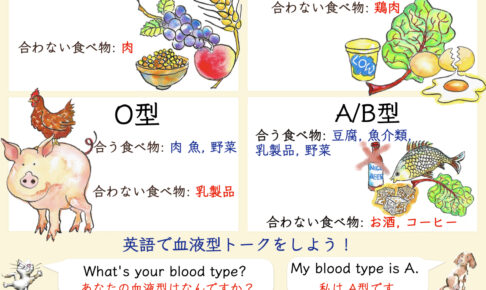
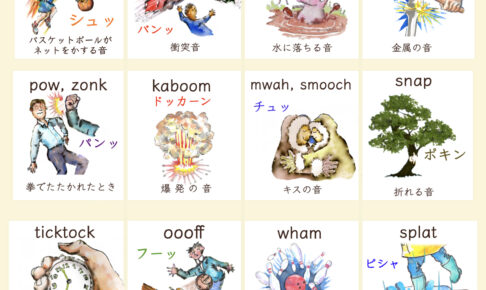
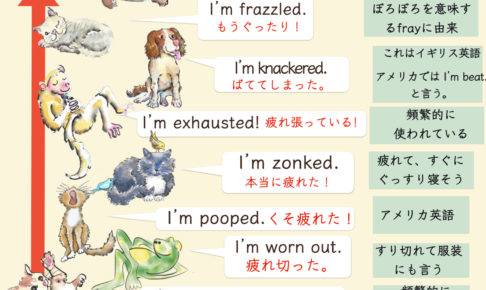
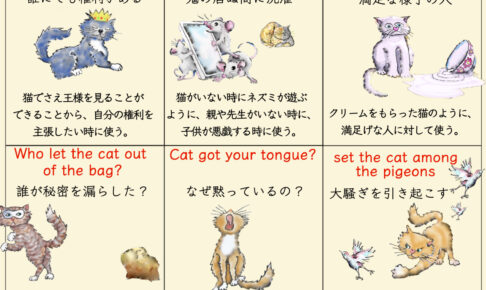




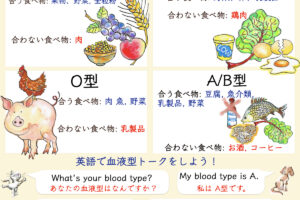
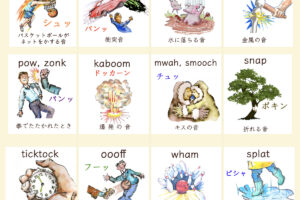
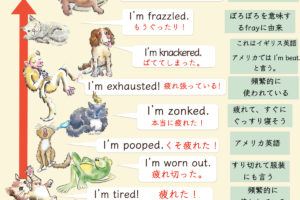
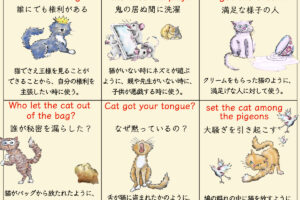
いつもすぐに役立つ記事をありがとうございます。
教えていただきたいのですが、Add 5 to 4.に対する答え方は、
I got nine. あるいは It’s nine. でしょうか?
いつも楽しみにしています。
add 5 to 4 は「4足す5」(4に5を足す)のほうがしっくりくるのですが(subtract と同じ)
いかがですか?
Hétvégén láttam egy dokumentumfilmet a Typhoonok bot.l¡sáróÃtBorzasznó volt nézni amint darabolták…. Remélem új osztállyal, új idÅ‘k következnek az orosz flotta életében.Balestmentes és vidám üzemeltetést az új hajókhoz.Büszkék lehetnek Rájuk.Tetszik / Egyetértek: 0 Az értékeléshez be kell
その通りですね。
小さいように見えて相当大きな間違いなので是非とも修正していただきたいです。
Hi Luke,
◎Understanding preposition,”plus”on addition:
1.What is six four?:
・plus=added to
・plus=(preposition)
・six four(to 以下に追加された6)
・「4に追加された6は何ですか?」
*(It’s a literal translation)
2.Your way of thoughts on addition:
“6 red balls are rolling and reaches to 4 blue balls.Then,what is the total?”
At first,there are 4 blue balls in your mind.
And,6 red balls will be added to them after that.
Those are your way of thinking on addition.
In Japanese way on addition,
there is no image:” which is the first being”.
3.Our way of thoughts on addition:
“There are 6 red balls here and 4 blue balls there.Those balls are gathered.
Then,what is the total?”
So,you can say,
「6+(”tasu”in Japanese)4は、何ですか?」
in words.
*(It’s a idiomatic translation)&(“何”can be said not as”nani” but as “nan” before”desuka?”)
The lidiomatic translation in Japanese is more similar to the phrase:
“when you add 6 AND 4,what do you get?”
than the phrase:
“If you ADD 6 TO 4, what do you get?”.
4.For example,how do you think about this:
6+4=4+6=10
I think you will think that you get the same result,the number”10″
by swapping the position of 6 and 4.
On the other hand,we will think that “6+4″and”4+6” are the same calculation.
But,the way of thinking on addition is in the case of addition using Numerals.
“Numerals” differs from “Numbers”,including the meaning of “volume”.
Numerals represent Numbers.
If there are actually something being,we have also images like your way of thoughts.
It is in the case which the volume can be represented by using Numerals.
We have 2 ways.:)
5.Additionally,I have one more point:
We feel “why?” about your way for asking and answering as for “addition”.
Because,we think “Adding” is objective calculation.
But,you ask it or answer it as like subjective matter.
Look at samples:
・”If you add 5 to 4, what do you get? ”
“You get nine.”
・ “When we add 2 and 3,we get 5.”
But,”you” or ” we ” is not matter to objective calculation and its results.
In Japan,we don’t say that “what do you get?” as for objective calculation.
Our feeling is similar to ask it like ” What is it?”.
The correct result is not be changed by “you” or “we”.
I guess the reason why you ask in the way.
I mean it is based on ” doing sum for children “.
The way of asking is saying like as below:
” You must become to be able to calculate it because it’s mommy’s wish.”
So,your text books at scools may be based on the wish.(lol)
But,”Adding” is important for everybody’s lives,isn’t it?
Then,it seems better to ask it like “What is 5 plus 4?” than “If you add 5 to 4, what do you get?”.
And,we can answer it as like:
“9 equals the sum of 5 and 4 .
But,I’m not sure what I get.”XD
correct:
◎Understanding preposition,”plus”on addition:
1.What is six plus four?:
・plus=added to
・plus=(preposition)
・six added to four(to 以下に追加された6)
・「4に追加された6は何ですか?」
*(It’s a literal translation)